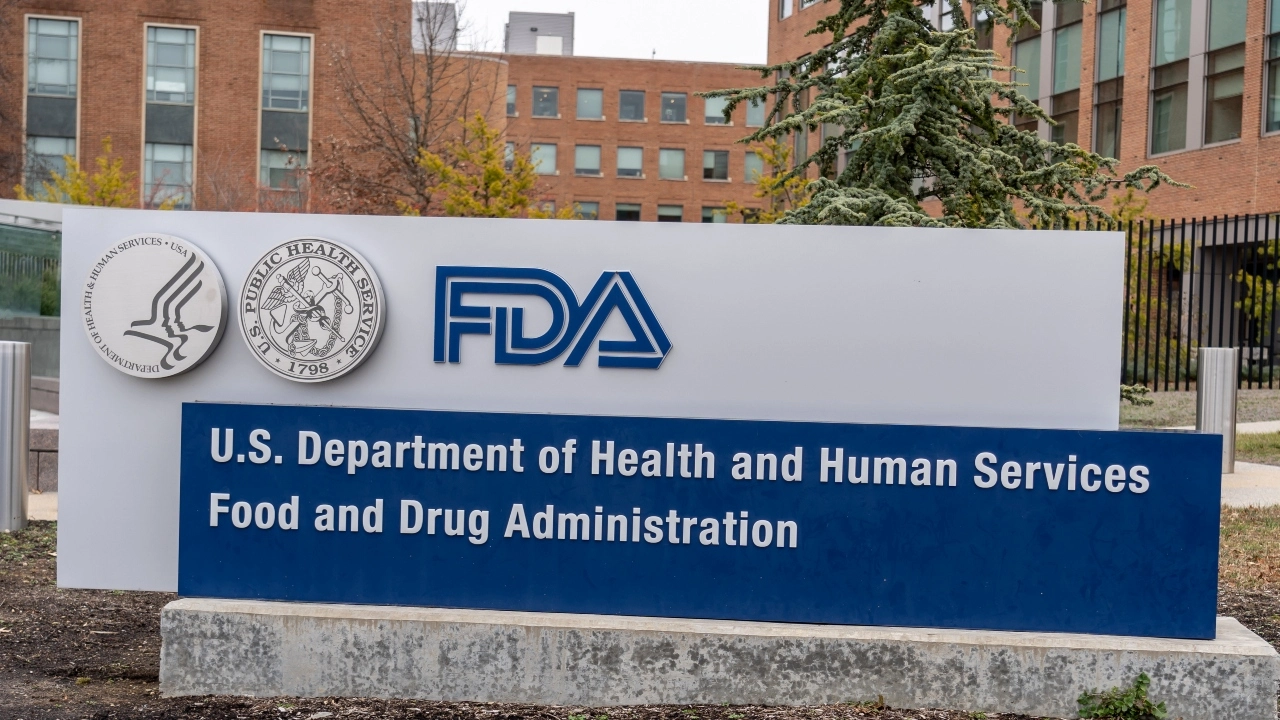As a botanical drug that remains federally illegal, marijuana faces an uphill battle for acceptance from the U.S. Food and Drug Administration, which has approved very few cannabis-based drugs.
Moving marijuana from Schedule 1 to Schedule 3 of the Controlled Substances Act could help open the door to more traditional, phased drug trials, according to Dr. Jean Talleyrand.
He is chief medical officer of the Clinical Endocannabinoid System Consortium (CESC), a California-based nonprofit that studies how people use marijuana products that are already on the market.
Rescheduling remains beyond the horizon, but Talleyrand believes marijuana researchers still have ways to acquire valuable data in the meantime.
“Our approach has been to go to the community and get information from the community about what they’re using,” Talleyrand told MJBizDaily.
“We figured this was more real-world evidence and would lead us to better understanding how cannabis works.”
Talleyrand will speak at The Emerald Conference in San Diego on April 2 alongside Acute on Chronic CEO and founder Rebecca Abraham and CV Sciences CEO Joseph Dowling in a panel discussion, “The Latest Research on the Medical Applications of Cannabis.”
He sat down with MJBizDaily ahead of the April 1-3 Emerald Conference to share his perspective about medical cannabis research.
How would rescheduling marijuana to Schedule 3 change the way you approach medical cannabis research?
I think it will allow us to do more Phase 1, 2 and 3 (studies).
All phases are necessary; we want to be open to doing everything.
Eventually, if they reschedule to Schedule 3, we’ll have more freedom to access products or develop products that may be useful.
The more research, the better, from my perspective, so I’m happy to see that there’s some consideration to descheduling or rescheduling.
You argue that meaningful medical cannabis research can still be done while the marijuana industry awaits federal reform.
Absolutely. We can and we are doing it.
We – meaning those interested in cannabis and cannabinoids – are doing studies that help us generate hypotheses, help us move the understanding forward.
The major difference (between Phase 1, 2 and 3 drug studies and Phase 4 studies) is observing what people are taking, versus dictating what people need to take.
In a typical Phase 1, 2 and 3 (study), we go through the effort of very carefully defining the product and then letting folks know how much we want them to take.
For example, in a dosing protocol, we might ask different groups to take different doses of the product and compare that.
But in Phase 4 (studies), the word that some researchers use is observing (subjects’) ad libitum use – they get to pick what they want to use, and we’re going to watch them do it and draw our conclusions that way.
What are some potential disadvantages to Phase 4 research?
There’s bias in every research (protocol); you just have to understand that nothing is perfect.
In Phase 1, 2 or 3, because we’re dictating what the consumer uses, we reduce some of the bias.
In Phase 4, the consumer gets to choose what they want, so there starts to creep in selection bias.
Sometimes (with traditional pharmaceuticals), even though the package says to take two (pills) once per day, sometimes the consumer doesn’t read the package or listen to the instructions; they start to come up with their own ways of using it.
So even with pharmaceutical medicines, there’s a difference between what’s studied and what’s happening in the real world.
At the Emerald Conference, you will be presenting a case study of an HIV patient who is using medical cannabis. What have you found?
We’re still early in the study, but we are definitely finding that for some symptoms she prefers some formulations, and for other symptoms she prefers a different formulation.
There’s definitely a preference, but we’re early in the data collection, so it’s difficult for me to make a definitive conclusion.
Our primary objective is to see if she has a preference for one particular product or another to relieve her symptoms.
How much research remains to be done regarding patients using different cannabis types or formulations to treat specific medical conditions?
Oh, wow. Because of the government restriction, there’s a lot to be done.
But I think, besides the government restrictions, we need to expand our study paradigm.
Our study paradigm at this point, (as) dictated by the FDA, is very single agent-focused: You create this new drug, and you patent it. Then, you bring it through the study protocols to prove that it works.
But we really haven’t created a paradigm for studying botanical products as medicine.
If you look at the FDA’s track record with botanical medicines, they’ve approved very few – and that’s because botanicals tend to have multiple active ingredients and be variable.
So, it requires a different study paradigm.
Part of this is actually braving new territory in developing a new study paradigm so that we can be more open to using botanical medicines.
What would you tell cannabis business leaders about the current state of medical cannabis research?
There’s a lot of study on single-agent formulations, there (is) a lot of valuable information on single-agent formulations.
So if you’re focusing on that, there’s a lot of information and also a lot of competition.
If you’re looking for it to be unique, to be the unicorn in the room from a business perspective, then (join) us in developing this new paradigm for multi-agent formulations, where there are very few studies.
There are very few activities in that area. It’s a new idea, a new pathway.
I’d say, “Come join us. Let’s brave this new pathway and discover how we can better use the plant.”
This interview has been edited for content and clarity.
Solomon Israel can be reached at solomon.israel@mjbizdaily.com.





